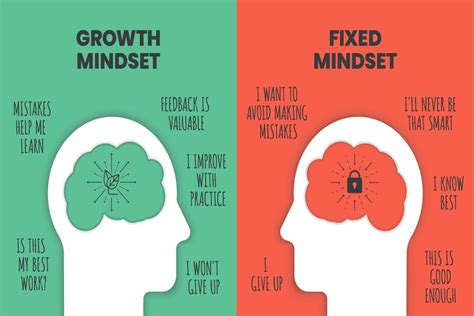Life, in its unpredictable nature, often throws curveballs – be it an unexpected financial downturn that threatens your stability or a frustrating fitness plateau that saps your motivation. These aren’t just isolated incidents; they are tests of our inner fortitude. The ability to bounce back, adapt, and even thrive in the face of such challenges hinges significantly on one powerful asset: a resilient mindset.
Understanding the Common Ground of Setbacks
Whether it’s your investment portfolio taking a hit or your personal bests stagnating, the emotional toll can be remarkably similar. Both financial setbacks and fitness plateaus often trigger feelings of disappointment, frustration, self-doubt, and a sense of being stuck. It’s easy to fall into a spiral of negative thinking, blaming external factors, or questioning your own capabilities. Recognizing this shared emotional landscape is the first step towards building a universal resilience strategy.

Core Pillars of a Resilient Mindset
Resilience isn’t about avoiding failure; it’s about how you respond to it. Cultivating this strength involves several key principles:
- Acceptance, Not Denial: Acknowledge the reality of the situation without judgment. Resisting or denying the setback only prolongs the suffering.
- Perspective and Long-Term View: Understand that setbacks are usually temporary and part of a larger journey. Zoom out and remind yourself of your overarching goals.
- Learning and Adapting: Every setback offers invaluable lessons. What went wrong? What can be done differently next time? This transforms failure into a growth opportunity.
- Self-Compassion: Be kind to yourself. You wouldn’t chastise a friend for facing a challenge, so don’t do it to yourself. Treat yourself with the same understanding and encouragement.

Applying Resilience to Financial Setbacks
When financial challenges arise, a resilient mindset allows for a strategic rather than emotional response. Instead of panic, you can:
- Review and Re-strategize: Revisit your budget, expenses, and investment strategy. Are there areas to cut back or reallocate funds?
- Seek Knowledge and Advice: Consult with financial advisors or trusted resources. Understanding your options empowers you to make informed decisions.
- Focus on What You Can Control: You might not control market fluctuations, but you can control your spending, savings rate, and effort in earning.
A setback is an opportunity to strengthen your financial foundations and develop more robust planning. It’s about adjusting your sails, not abandoning the ship.
![Financial Recovery Plan Template [Free PDF] - Google Docs, Word ...](/images/aHR0cHM6Ly90czEubW0uYmluZy5uZXQvdGg/aWQ9T0lQLlFmUHo5V3NNYjlHYUVZWlBMMnM0ZVFIYUtkJnBpZD0xNS4x.webp)
Applying Resilience to Fitness Plateaus
Similarly, hitting a fitness plateau can be disheartening, especially after consistent effort. A resilient approach entails:
- Analyze and Adjust: Examine your workout routine, nutrition, sleep, and recovery. Is there a component that needs tweaking? Perhaps you need to change exercises, increase intensity, or prioritize rest.
- Vary Your Training: Introduce new stimuli. If you always lift weights, try some HIIT or endurance training. If you run, add strength training.
- Professional Guidance: A personal trainer or coach can offer an objective perspective, identify weaknesses, and design a program to break through the wall.
- Celebrate Small Wins: Even if the scale isn’t moving, acknowledge improvements in strength, endurance, form, or energy levels. These are all signs of progress.
Fitness plateaus are often a signal that your body has adapted, and it’s time to evolve your approach. They are not a sign of failure but an invitation to innovate.

Cultivating an Unshakeable Inner Strength
The journey to building a resilient mindset is ongoing. It requires practice, self-awareness, and a commitment to growth. By viewing every financial setback or fitness plateau not as a definitive end, but as a challenging bend in the road, you empower yourself to navigate life’s complexities with greater confidence and calm.
Embrace the lessons, adapt your strategies, and trust in your capacity to overcome. Your ability to recover and continue striving is the true measure of your strength.





